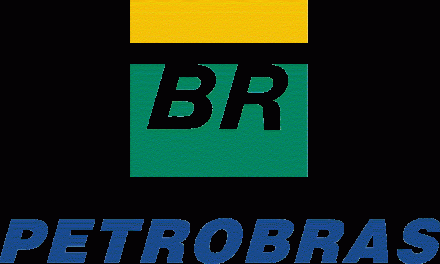5 November 2019
Chinese companies are feeling the pressure of anti-graft and tax evasion crackdowns at home. Some are seeing similar crackdowns in African countries.
Kenya, under President Uhuru Kenyatta, is investigating some 600 companies for bribery and alleged tax evasion. This includes some Chinese companies.
Chinese embassy in Nairobi told the South China Morning Post, it “supports the Kenyan government’s legitimate actions on tax regulation”. Huang Xueqing, spokeswoman of the Chinese embassy in Nairobi said, “As always, the Chinese government requests Chinese companies in Kenya abide by Kenyan laws, to pay taxes legally and fulfil social responsibilities.”
Kenyan tax agency arrested and bailed, in October, three directors of a Chinese real estate company, Tianyi, for failing to declare and pay taxes totalling US$260,000 from the sale of 171 houses. The director of New X-Tigi Technology, a Chinese mobile phone maker, was charged with allegedly evading US$1.94 million in value-added tax and ZTE Kenya, a subsidiary of the giant Chinese technology company ZTE was charged with tax evasion. Electric Tools Kenya, whose three Chinese directors were charged with failure to pay US$580,000 in tax. Ethics and Anti-Corruption Commission arrested directors of a major Chinese real estate firm, Erdemann Property, for allegedly inflating the cost of building a shopping centre in Kisumu, by $25million.This was in collusion with directors of the Lake Basin Development Authority. Erdemann’s directors bribed the development authority’s chairman to the tune of US$170,000 and other benefits including flats and shops, and that the head of the finance committee received US$120,000. Several directors of the development authority have also been charged. Kenya’s public prosecutor’s office said, “This exponentially inflated the cost of the project to the detriment of the public.”
Uganda’s tax administration released names of 148 firms suspected of tax evasion. Of these 93 were foreign-owned, of which at least 90 had Chinese directors. These companies raised fictitious invoices to show higher expenditure. There was no real supply or movement of goods.
Transparency International said in its 2018 report that investigations on Chinese companies are ongoing in numerous other countries, including Bangladesh, Ethiopia, Kenya, Sri Lanka, the United States and Zambia.
Chinese investors in Africa say that they cannot do business without paying bribes at various levels. A 2017 McKinsey report said that in each of the African countries studied between 60 and 87 per cent of Chinese firms said they had paid bribes to obtain a business licence. McKinsey report said that there was a perception among African countries that Chinese businesses were easier targets for tips and bribes than other foreign firms.
South China Morning Post reported.
Kenya: Chinese companies caught up in African corruption crackdowns














